
December 2018
USAID Global Health Top Moments
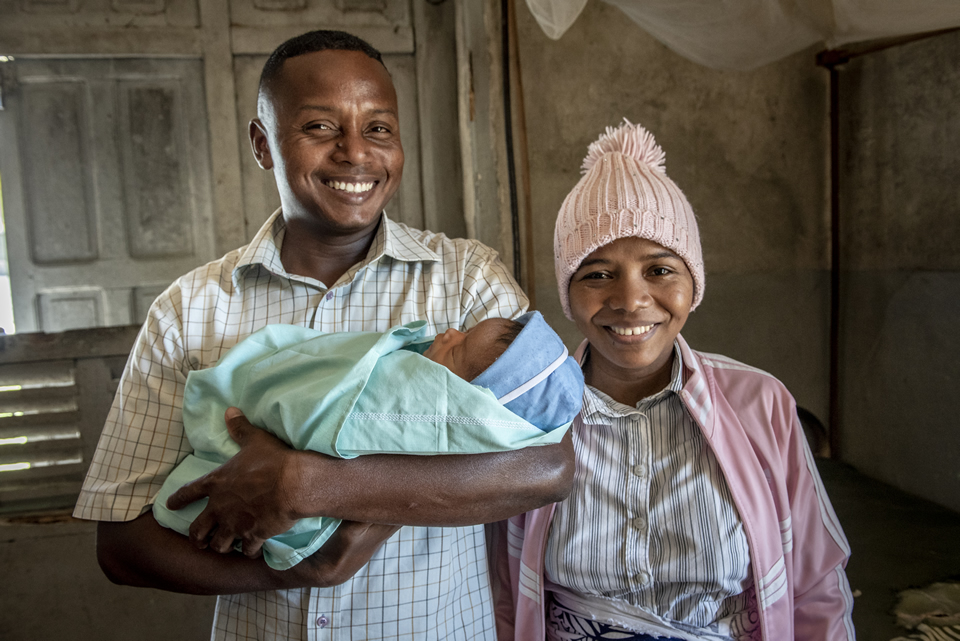
Photo credit: Karen Kasmauski/MCSP
As 2018 comes to a close, join us as we share a few key global health events, milestones and highlights from the past year of our efforts at the U.S. Agency for International Development (USAID) to prevent child and maternal deaths, control the HIV/AIDS epidemic and combat infectious diseases.
GLOBAL HEALTH HIGHLIGHTS
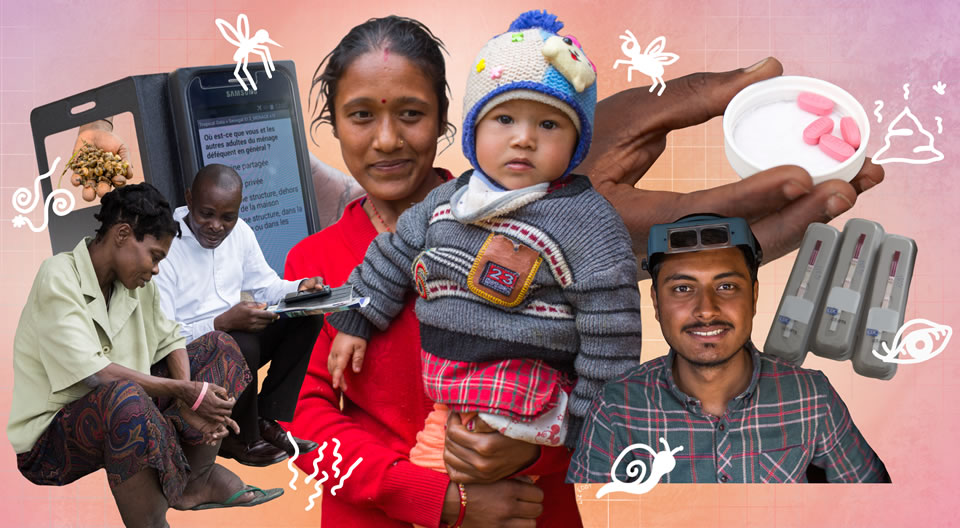
Collage: Liz Eddy/USAID, Photo credits: RTI International
Three is a Magic Number (for NTDs!)
It was a BIG year for eliminating neglected tropical diseases (NTDs) as a public health problem in three USAID-supported countries. Ghana and Nepal said goodbye to trachoma, the leading infectious cause of blindness, and lymphatic filariasis (elephantiasis) got kicked to the curb by Vietnam. Kudos to countries and partners all around for helping resign these debilitating diseases of poverty to history.
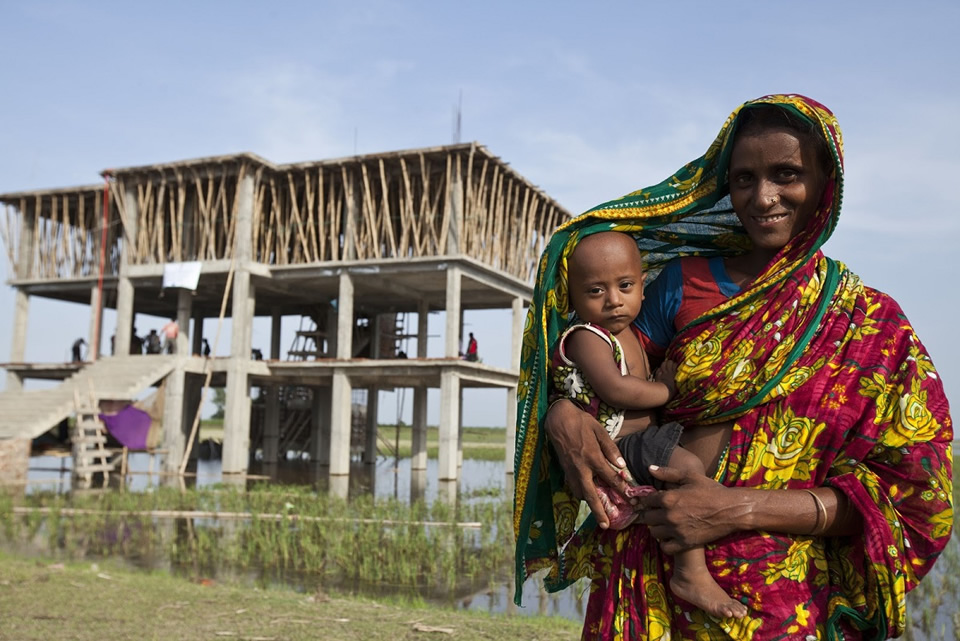
Photo credit: Abir Abdullah
2018 Acting on the Call Report with a Focus on the Journey to Self-Reliance
In June, USAID launched its 2018 Acting on the Call report, detailing how we partner with 25 countries on their journey to self-reliance in preventing child and maternal deaths, which can yield an average 6 to 1 return on investment, resulting in $26.9 billion made available to the health sector by 2025. In the last year, USAID helped 76 million women and children access essential—and often lifesaving—health services.
One example of our annual progress from the report is expanding the use of the Pumani bCPAP in Malawi to help premature infants breathe. Created by students from Rice University, the bCPAP is now being manufactured and exported to more than 25 countries by 3rd Stone Design, a California-based company. In the last five years, USAID helped save the lives of more than 800,000 newborns by supporting innovations like the bCPAP and nurses like Florence.
Read more country success stories.
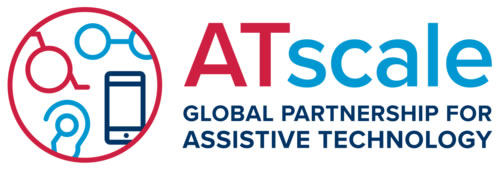
ATscale Global Partnership for Assistive Technology logo. Photo credit: USAID
ATscale: Global Partnership for Assistive Technology
Today, over one billion people need assistive technology (AT), yet more than 900 million people do not have access to the wheelchairs, eyeglasses, hearing aids, prosthetics, and other life-enhancing AT they need. To address this issue, USAID and partners launched ATscale: A Global Partnership for Assistive Technology. Initial partners include the Clinton Health Access Initiative, China Disabled Persons' Federation, U.K. Department for International Development, Global Disability Innovation Hub, Government of Kenya, International Disability Alliance, Office of the U.N. Secretary-General’s Special Envoy for Health, UNICEF and the World Health Organization.
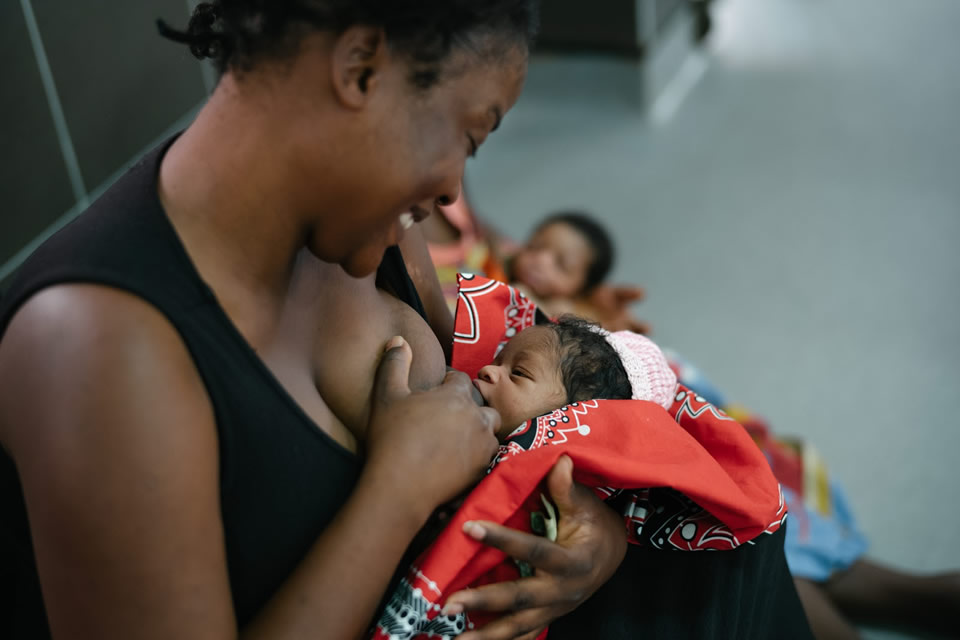
Photo credit: Dave Cooper/USAID
USAID Launches Flagship Multi-Sectoral Nutrition Project
In October, USAID announced the launch of the Agency’s flagship multi-sectoral nutrition project, USAID Advancing Nutrition, a five-year project that will work to improve the health and nutritional status of vulnerable populations through addressing the root causes of malnutrition. Follow them on Twitter at @NutritionForDev.
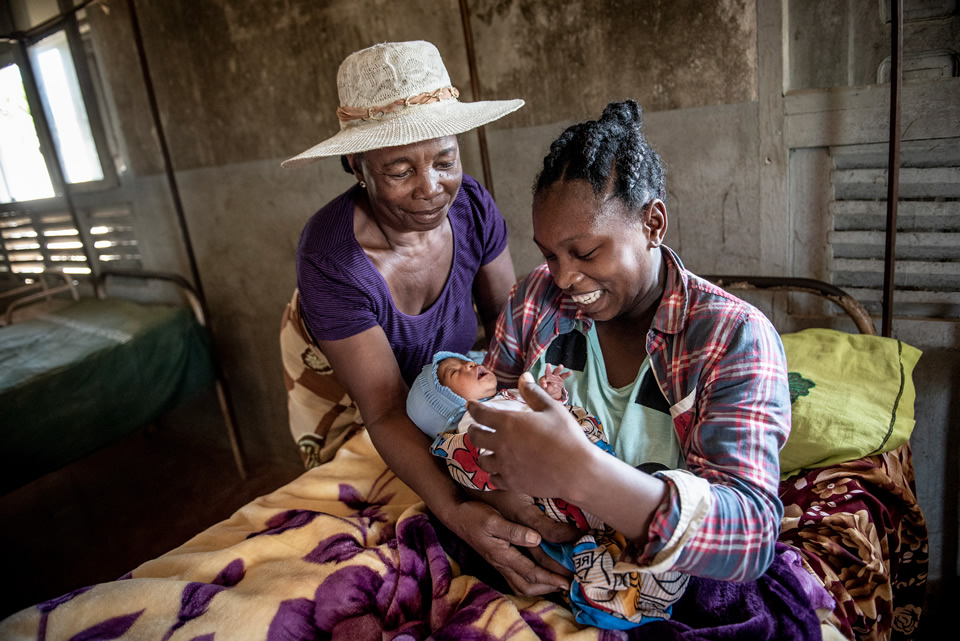
Photo credit: Karen Kasmauski/MCSP
Joint International Statement on Primary Health Care
In October, world leaders for global health gathered for the 40th anniversary of the Global Declaration on Primary Health Care in Astana, Kazakhstan. To articulate an international vision for how primary health care should be implemented now and into the future, USAID developed a joint statement of agreement that major donors agreed to support. The statement reinforces the vision of developing primary health care systems through country-driven plans, integrating communities and local systems to develop national and local capacities to implement the goals of the official Astana Declaration on Primary Health Care. [PDF, 5.6MB]
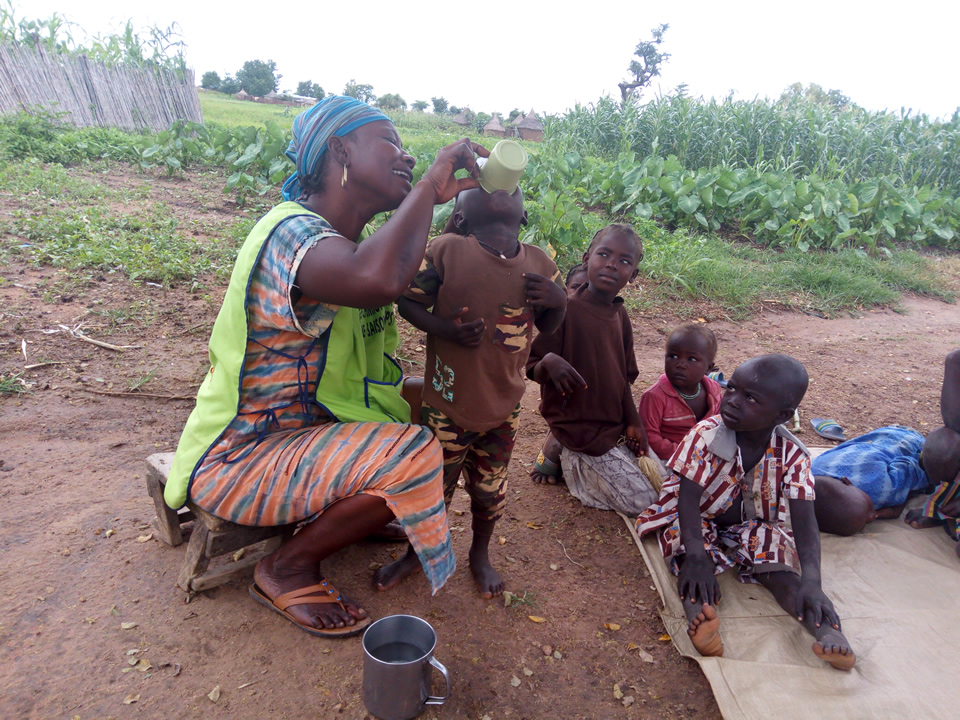
Photo credit: CRS
PMI Expands Programming in Five Countries
This year, 90 million additional people benefited from malaria prevention and treatment through the U.S. President's Malaria Initiative (PMI). In addition to beginning work in Cameroon, Côte d'Ivoire, Niger and Sierra Leone, PMI expanded on existing USAID-funded efforts in Burkina Faso. All five countries have a high per-capita burden of malaria and the goal is that the addition of PMI support will spur accelerated progress in saving lives and preventing illness. With this expansion, PMI now works in 24 countries in Africa and three programs in the Greater Mekong Subregion in Asia.
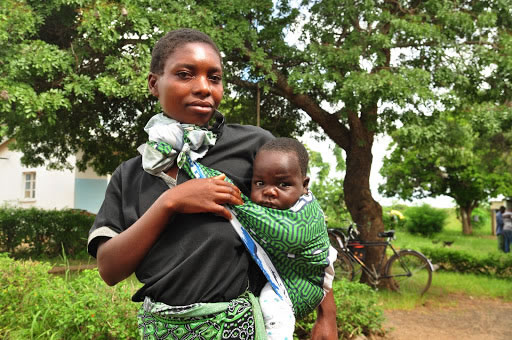
Photo credit: Amy Fowler/USAID
Saving Mothers, Giving Life Shares Results
In June, the Saving Mothers, Giving Life public-private partnership, of which USAID is a founding partner, shared unprecedented results in reducing maternal and newborn mortality in its final report [PDF, 6.1MB]. During the five-year partnership, maternal mortality in supported districts declined by 44 percent in Uganda; 41 percent in Zambia; and—in only two years—by 28 percent in Cross River State, Nigeria.
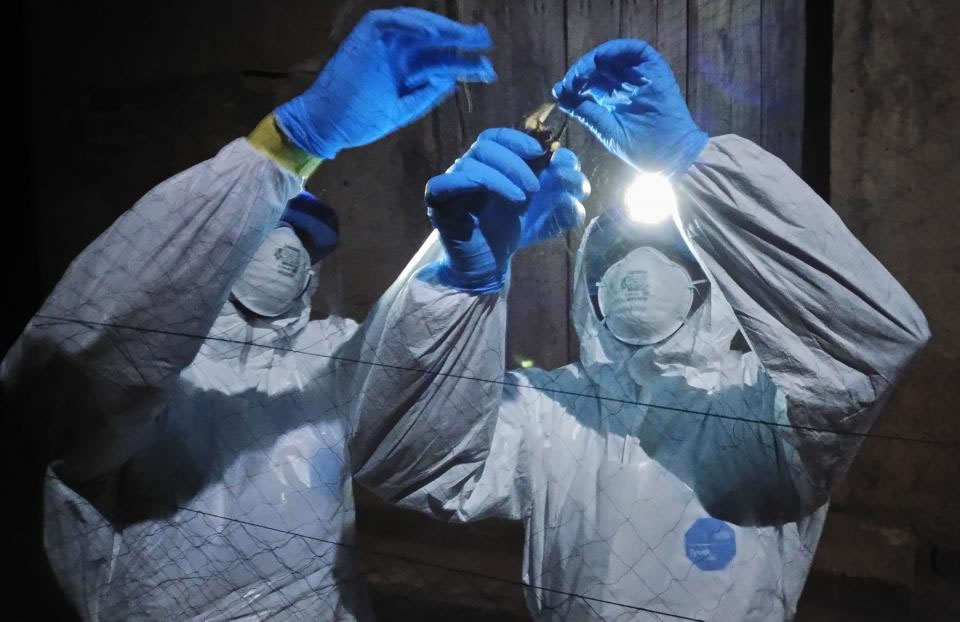
Photo credit: Jaber Belkhiria/UC Davis
Ebola Bombali Virus Discovery
For the first time, scientists discovered a new Ebola virus species in a host prior to detection in an infected human or sick animal. The discovery of the Bombali virus in bats in Sierra Leone and the sequencing of the complete genome was officially published in the journal Nature Microbiology this August. The discovery illustrates the mission of the USAID-funded PREDICT project, which aims to find viruses before they reach humans. Scientists at the University of California Davis’ One Health Institute and Columbia University’s Center for Infection and Immunity, working with the government of Sierra Leone and the University of Makeni and Metabiota worked together to discover the Bombali virus. By uncovering diseases like the Bombali virus, USAID is preventing infection in humans and promoting approaches to living safely with bats.
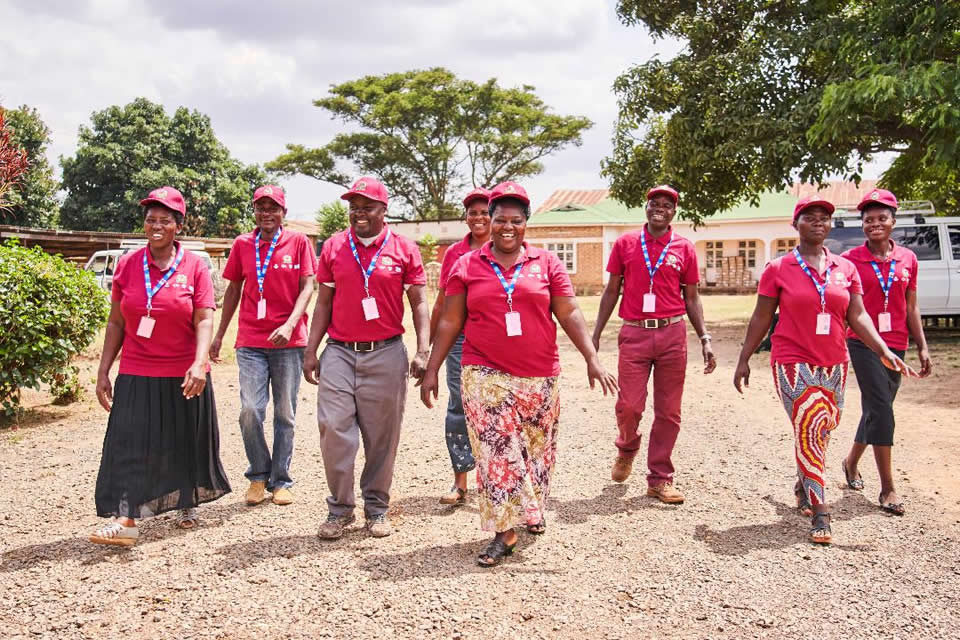
Photo credit: Erick Gibson/JSI
World AIDS Day 2018
In honor of World AIDS Day, on December 1, 2018, we celebrated the 15th anniversary year of the U.S. President’s Emergency Plan for AIDS Relief (PEPFAR). This year, with our partners, we applauded the progress made towards testing, treating and preventing HIV infections around the world. Thanks to American leadership and exceptional partnerships, countries are on the brink of reaching epidemic control – a critical step in tackling one of the greatest global health challenges of our time. Watch this video and check out @USAIDGH’s Twitter moment to discover more.
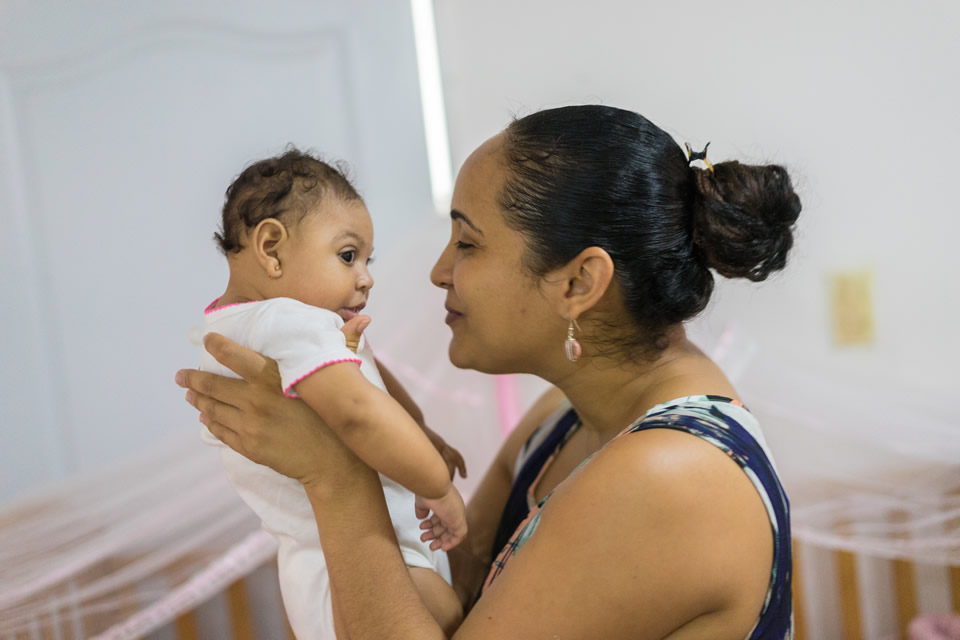
Photo credit: USAID/Thomas Cristofoletti/Ruom
Two Years after the 2016 Zika Epidemic, USAID Supports Affected Families
This year marks two years since the Zika virus epidemic swept through Latin America and the Caribbean, and two years since scientists confirmed the link between Zika virus infection during pregnancy and life-altering birth defects such as microcephaly. During this time, USAID and its partners have been hard at work identifying cases of congenital Zika syndrome, connecting mothers and babies to critical care and support services, and strengthening perinatal care services to better respond to Zika and its devastating consequences. In just two years, USAID has more than doubled screening rates for neurological defects in newborns, referred over 730 affected families to specialized care and support services and trained over 13,000 healthcare providers to give Zika counseling services. Learn more about how USAID is supporting families affected by Zika across Latin America and the Caribbean.
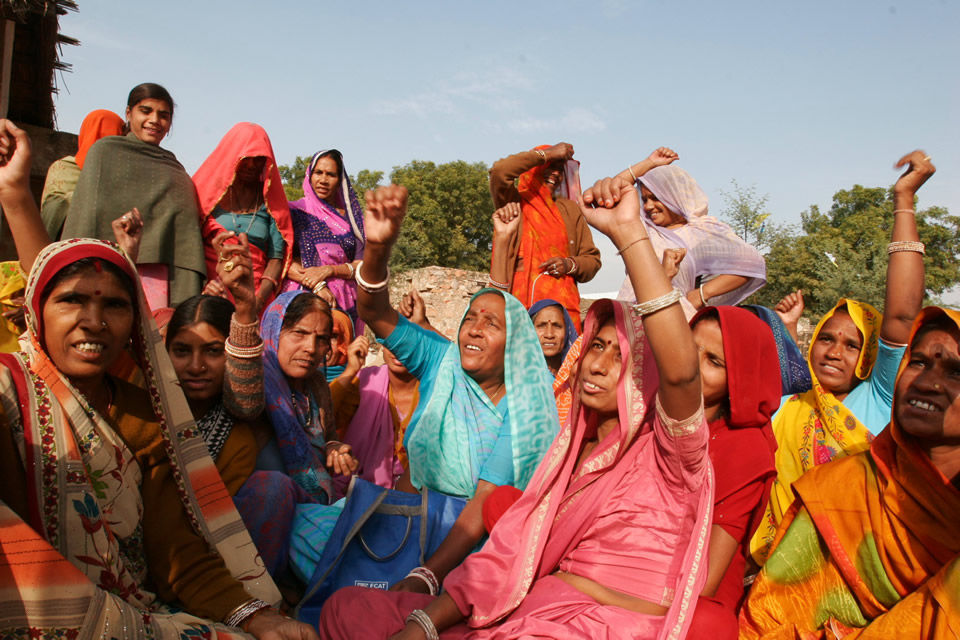
Photo credit: USAID
Global Accelerator for Tuberculosis
At the 73rd session of the UN General Assembly, USAID Administrator Mark Green announced a new tuberculosis business model, the “Global Accelerator to End Tuberculosis,” which will catalyze investments across multiple countries and sectors to end the TB epidemic while building self-reliance. This innovative performance-based model accelerates action toward enrolling 40 million patients on TB treatment by 2022.
The Accelerator will focus on locally generated solutions that tailor USAID’s TB response to diagnosis, treatment and prevention needs while addressing stigma and discrimination. It will engage and leverage civil society, the private sector and communities, including faith-based partners. USAID will work directly with nearly 50 local entities within TB priority countries to provide accessible services, resulting in increased diagnosis and treatment success rates.
